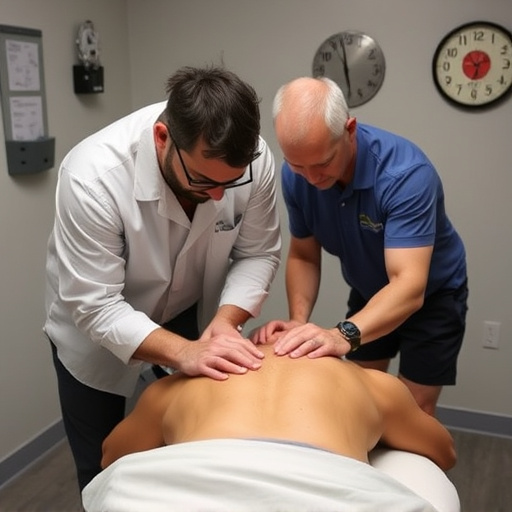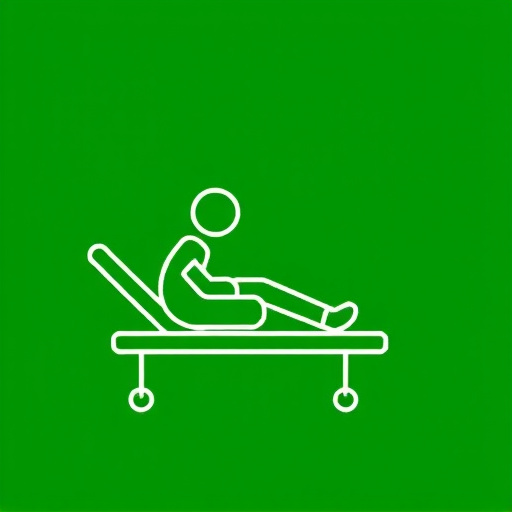Understanding auto insurance policies is vital post-car accident to navigate medical bills and injury care, including PIP for immediate needs, liability for related expenses, and rehabilitation services. Victims should communicate with insurers about medical records and bills, as reimbursement varies by policy and case complexity. Innovations in therapy like shockwave treatment may be considered under complex legal frameworks, requiring thorough documentation and assessment by insurance companies.
After a car accident, managing medical expenses can be overwhelming. This article guides you through the complex process of seeking compensation for your injuries. We explore how insurance handles car accident injury care costs, focusing on understanding coverage, reimbursement processes, and legal considerations. By delving into these aspects, you’ll gain insights to navigate claims effectively, ensuring access to the necessary care and support during your recovery.
- Understanding Insurance Coverage for Car Accident Injuries
- The Process of Reimbursing Medical Expenses After an Accident
- Legal Considerations and Claims for Car Accident Injury Care Costs
Understanding Insurance Coverage for Car Accident Injuries

When involved in a car accident, understanding your insurance coverage for injury care is crucial. Most auto insurance policies include personal injury protection (PIP) and liability coverage, which play a significant role in managing medical expenses and other related costs following an accident. PIP coverage typically pays for immediate medical treatment, including emergency services, hospital stays, and doctor visits. This ensures that individuals receive necessary care promptly without facing financial burdens.
Injury rehabilitation is another aspect covered under many policies. This includes a range of services from physical therapy to non-invasive treatments designed to aid in recovery and restore individuals’ functionality. Insurance companies work with medical professionals to develop comprehensive plans, ensuring that the care received aligns with the victim’s specific needs. Understanding these coverage options empowers individuals to make informed decisions about their health and financial well-being post-accident.
The Process of Reimbursing Medical Expenses After an Accident

After a car accident, victims often face significant medical expenses as a result of their injuries. The process of reimbursing these costs is a crucial aspect of post-accident care. Typically, insurance companies play a key role in facilitating this reimbursement. When a policyholder seeks treatment for car accident injury care, they should provide their insurance provider with all relevant medical records and bills. The insurer will then review the documentation to verify the necessity and extent of the treatments received. Upon approval, the insurance company directly reimburses the healthcare providers or pays the policyholder for any out-of-pocket expenses they incurred. This ensures that victims can focus on their recovery without the added financial burden.
Reimbursement timelines vary depending on the insurance company’s policies and the complexity of the case. It’s important for policyholders to keep detailed records and communicate promptly with their insurers to streamline this process. Additionally, many healthcare providers offer billing services that assist patients in navigating these administrative tasks. Furthermore, victims may require ongoing car accident injury care, such as chiropractic care, rehab services, or therapeutic exercises, which are also covered under insurance policies. Ensuring proper documentation and communication is essential for a smooth reimbursement experience during this challenging time.
Legal Considerations and Claims for Car Accident Injury Care Costs

After a car accident, one of the immediate concerns for those injured is how their medical bills will be covered. Insurance plays a pivotal role in this process, offering financial support for the treatment and care required to manage car accident injury care costs. The legal framework surrounding these claims can be complex, with various factors influencing the outcome.
When an individual experiences injuries like musculoskeletal disorders, including neck pain treatment, as a result of a vehicular collision, they have the right to seek compensation from the at-fault driver’s insurance provider. Claims for car accident injury care costs typically involve documenting medical expenses, future treatments (if required), and any ongoing care needs. Innovations in therapy, such as shockwave therapy, might be considered under certain circumstances, adding another layer of financial considerations to the claim. Insurance companies carefully assess these cases, taking into account medical reports, legal precedents, and policy terms to determine liability and coverage for associated healthcare costs.
Insurers play a pivotal role in managing and covering the escalating costs associated with car accident injury care. By understanding policy nuances, navigating reimbursement processes, and considering legal implications, individuals can ensure they receive adequate support for their medical expenses following an accident. This comprehensive approach to handling car accident injury care costs is essential for a smooth recovery process and financial security.














